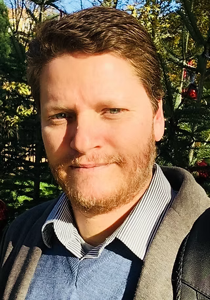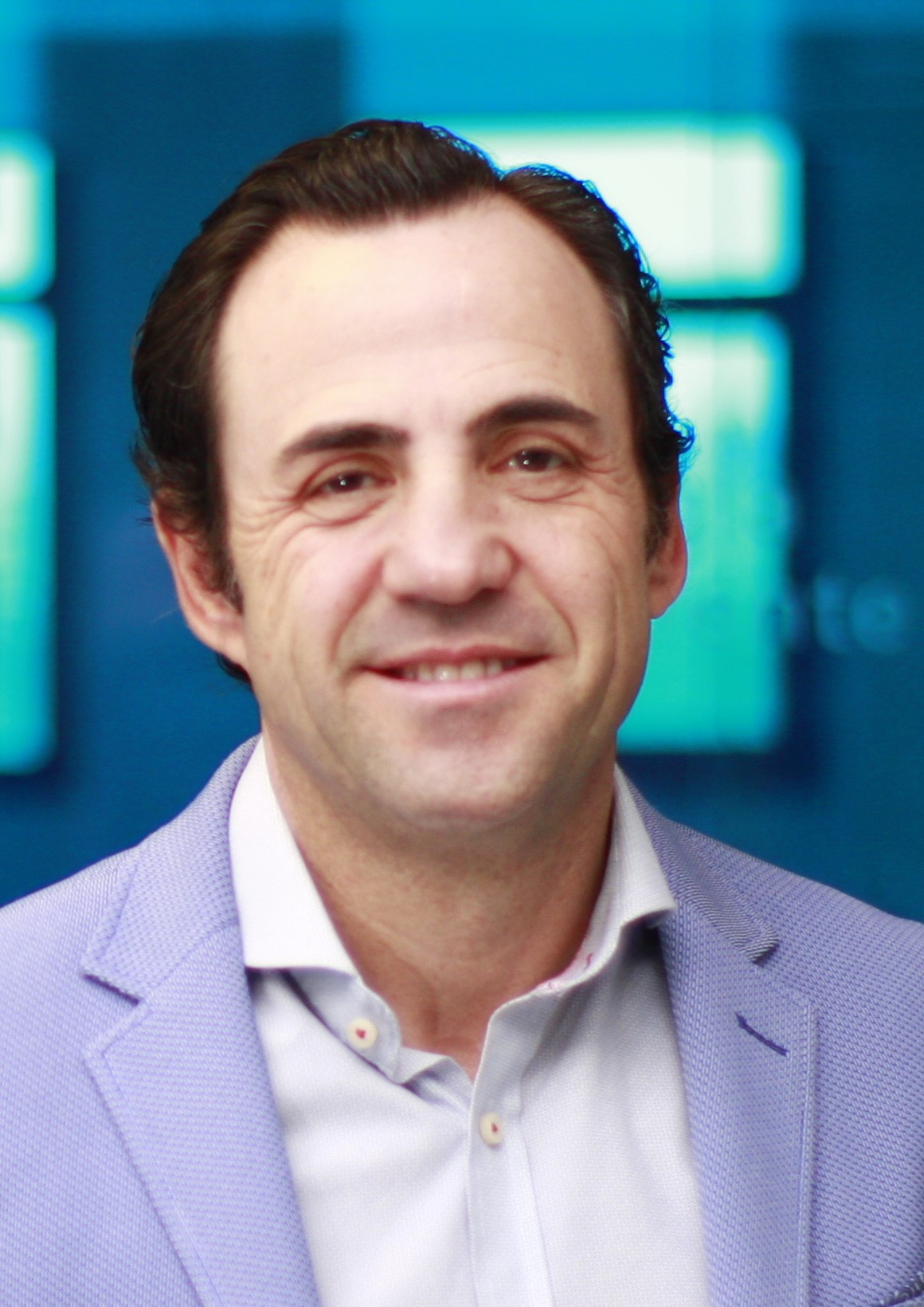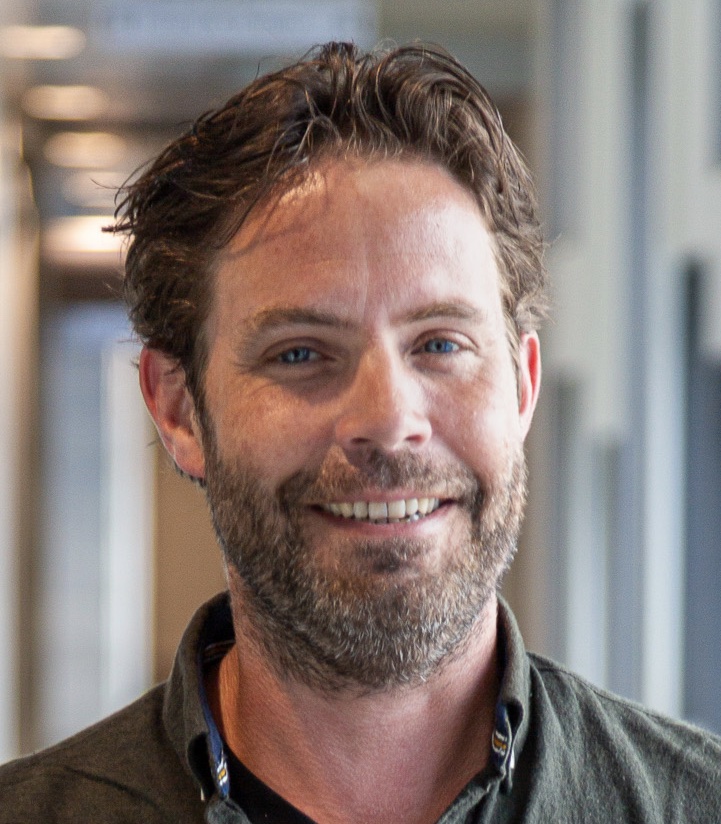Cyber-human systems are formed by the coordinated interaction of human and computational components. The latter are justified to the extent that they are meaningful to humans – in both senses of ‘meaning’, i.e., in the sense of semantics as well as in the sense of purpose or significance. On one hand, the data these components manipulate only acquire meaning when mapped to shared human conceptualizations of the world. On the other hand, they can only be justified if ethically designed. Cyber-human systems are trustworthy if the interoperation of their components is meaning preserving, i.e., if we can semantically interoperate these components; and transparently demonstrate (i.e., explain) how their interoperation positively contributes to human values and goals. In this talk, I will present a notion of explanation termed Ontological Unpacking, which aims at explaining symbolic domain descriptions (conceptual models, knowledge graphs, logical specifications). I show that it is this explanatory nature that is required for semantic interoperability and, hence, trustworthiness. Finally, I will argue that the current trend in XAI (Explainable AI) in which “to explain is to produce a symbolic artifact” is an incomplete project as these artifacts are not “inherently interpretable”, and that they should be taken as the beginning of the road to explanation, not the end.

Giancarlo Guizzardi is a Full Professor of Software Science and Evolution as well as Chair and Department Head of Semantics, Cybersecurity & Services (SCS) at the University of Twente, The Netherlands. He has also been a Guest Professor at Stockholm University (Sweden), the Technical University of Vienna (Austria), and the University of Trento (Italy). He has been active for nearly three decades in the areas of Formal and Applied Ontology, Conceptual Modeling, Enterprise Computing and Information Systems Engineering, working with a multidisciplinary approach in Computer Science that aggregates results from Philosophy, Cognitive Science, Logics and Linguistics. He is the main contributor to the Unified Foundational Ontology (UFO) and to the OntoUML modeling language. Over the years, he has delivered keynote speeches in several key international conferences in these fields (e.g., ER, CAiSE, BPM, IEEE ICSC). He is currently an associate editor of a number of journals including Applied Ontology and Data & Knowledge Engineering, a co-editor of the Lecture Notes in Business Information Processing series, and a member of several international journal editorial boards. He is currently the Chair of the Steering Committee of the International Conference on Conceptual Modeling (ER), a member of the Steering Committees of CAiSE, EDOC, and IEEE CBI, and a member of the Advisory Board of the International Association for Ontology and its Applications (IAOA). Finally, he is an ER fellow.
This Keynoy explores the evolving landscape of knowledge transfer between universities and industry, with a specific focus on the transformative impact of Artificial Intelligence (AI). It begins by analyzing the benefits and challenges of the university–industry partnership, identifying key tensions such as misaligned goals, intellectual property conflicts, and cultural differences. It then examines common pitfalls in collaborative projects and offers strategic, actionable solutions. The discussion expands to address how AI is reshaping knowledge ecosystems, enabling faster discovery, smarter collaboration, and new models of research commercialization. Drawing on CENIT’s experience, the presentation shares both successful and failed collaborations, highlighting best practices, innovation mechanisms, and lessons learned. The conclusion issues a call to collaborative action, urging academia and industry to invest in ethical, strategic, and long-term partnerships to meet global challenges together. The Keynote combines theoretical insight, practical frameworks, and lived organizational experience to foster a more effective and responsible model for future university–industry innovation.

Ramón Canelo is the Head of Strategy & Innovation at CENIT, an IT and Consultancy company. As Head of R&D at CENIT he has led numerous innovative projects in many fields, such as: Agronomic, Health, Government, etc. He has +35 years of experience in the IT sector in different consultancy and IT companies. He has huge experience in Project Management and Data Government and Management. He is also a member of several organizations, such as PMI, DAMA International and DAMA Spain, OnTech Cluster, etc. He is certified in PMP (Project Management Professional), CDMP (Certified Data Management Professional), ITIL, AWS Certified Cloud Practitioner, Scrum Master, RPA (UIPath), BPM, Knowledge Engineering, among others. He is currently pursuing a PhD at the University of Seville (Group ES3) and holds a Bachelor's degree in Computer Systems from the University of Seville, Master in Computer Engineering from the University of Seville, and a Master in Business Administration (MBA) from the University of Madrid.
There’s too much code in the world and it’s growing at staggering exponential rates. No approach in software engineering or programming paradigm has made a dent in this trend. What should we do? Buy a low code platform? Will AI bring us salvation? The key to successful software engineering is maintaining domain knowledge and architectural knowledge, the “what” and “how”. Why not maintain them as code? I argue that the in-house development of domain-specific languages (DSLs) modeling different aspects of a software system offer a potential way out. State-of-the art language workbenches make this approach feasible, which I demonstrate with a functional low code platform, developed in under 1000 lines of code. Language engineering for all!

Tijs van de Storm is a senior researcher in the Software Analysis and Transformation (SWAT) group at Centrum Wiskunde & Informatica (CWI) in Amsterdam, and full professor in Software Engineering at the University of Groningen in Groningen. The main research question that guides his work is: how to make better programming languages, and how to better make programming languages, with the goal of improving software engineering through new and better software languages, and developing the tools and techniques to engineer them.